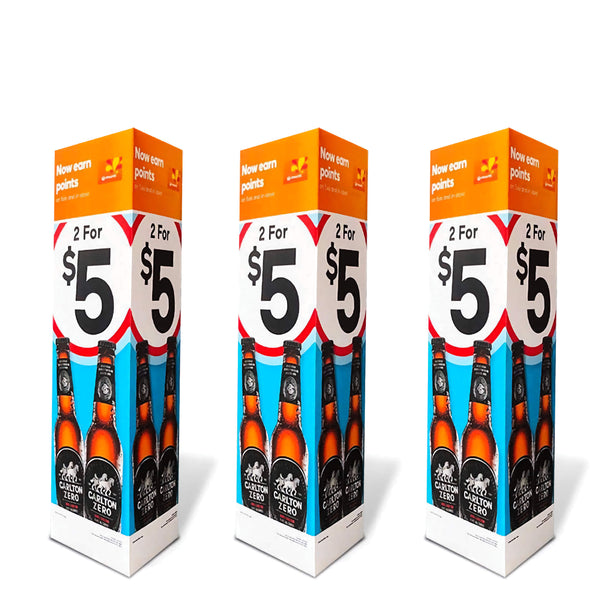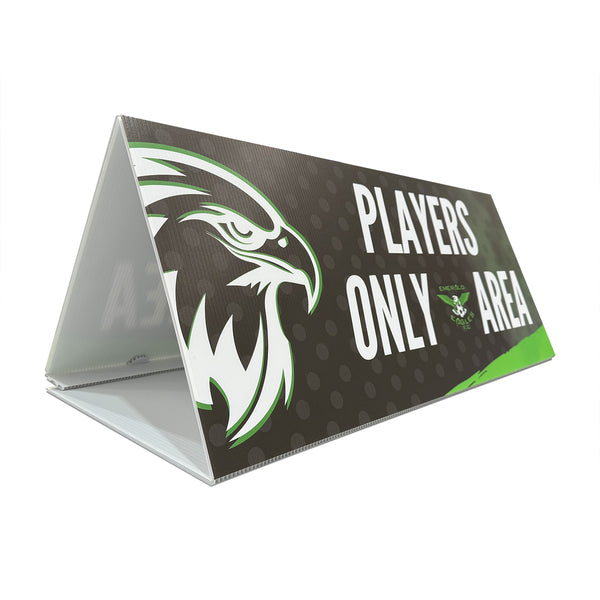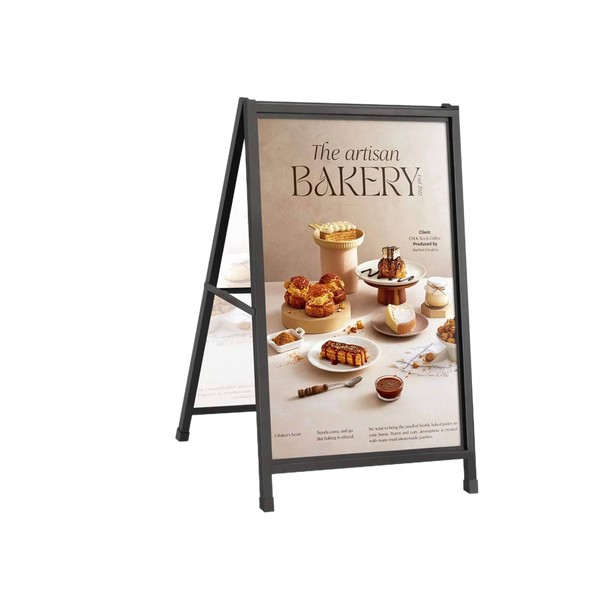3 Tips For Efficient Brochure Marketing
Brochures help companies promote their products or services in a format that is easy to read and distribute. They typically consist of a single or multi-page paper document folded onto itself.
Brochures have been in use for hundreds of years and are one of the oldest advertising formats that are still in use today. They come in various colours, styles, and sizes and are often used to provide consumers with large amounts of information in a simple-to-carry format.
If you’re interested in using brochures as part of your marketing campaign, you should follow these three tips:
Selecting a suitable brochure style is one of the first steps to designing an effective brochure. You should decide the size of the brochure and how many folds it should have. Be sure to select a brochure size that fits in the brochure floor stands, as they will be the primary manner of distributing your brochures.
Once you have selected your brochure style, you will know which pages people will likely see when they first grab the brochure and which pages they’ll encounter as they gradually unfold it.
This knowledge can be used to organise and distribute content throughout the brochure engagingly. For example, a three-fold brochure gives writers and designers a total of six vertical panels to play with.
The first panel, visible while the brochure is in its closed position, can be used as a cover page. This cover page should include a single clear message as soon as someone sees the brochure on the brochure floor stands.
The other panels can then be used for different content sections, such as company history, product features, etc.….
The last panel should include a straightforward and easy to read the call to action that invites the reader to visit the company site or check out their products in-store.
Brochure marketing is most effective when the leaflets are distributed to their target audience. To do this, marketers have to identify areas that their brand’s target audience is likely to frequent.
For example, a company that specialises in wooden flooring could set up a portable brochure stand outside of a hardware store to draw the attention of store visitors that may be looking for floor installation tools.
These store visitors are more likely to be interested in wooden flooring than the average passerby in a city square.
Brochures are a great way to convey a large amount of information to consumers. Far more information can be shown on a brochure than on an outdoor poster or a billboard. However, this information can sometimes feel tedious to read.
Marketers should use storytelling to make the information contained in the brochures more enjoyable to consume. For example, instead of listing down technical details of a product, the flyer should mention what the product can do for consumers.
Brochures that tell captivating stories are more likely to be retained by the people that pick them up, whereas brochures that feature drier content are more likely to be placed back in the portable brochure stand where they were found.



